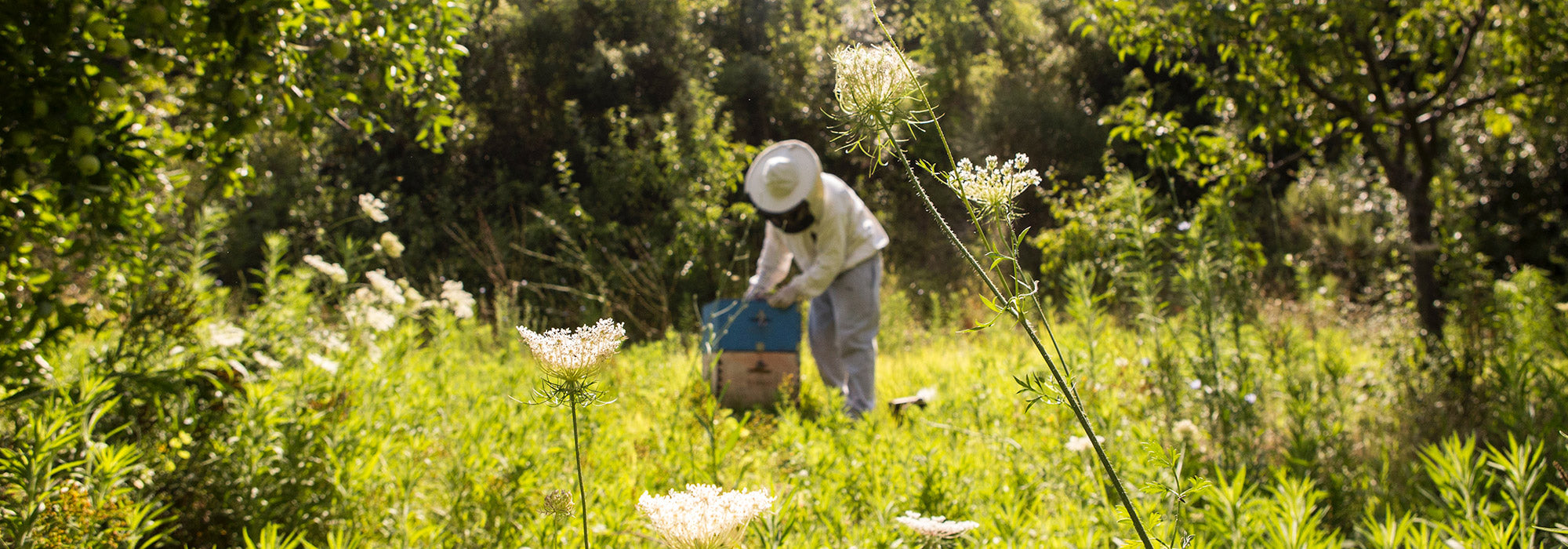Organic swaps are some of the most impactful changes we can make to our lifestyles. Going organic where possible helps to reduce our individual carbon footprints and is kinder to the planet. Leading by example is also a great way to encourage your friends and family to start their own organic journey.
With that in mind we have put together some of our favourite ideas for living a more organic life.
Defining Organic
When we talk about organic products or living a more organic lifestyle, we are referring to the use of products and goods that are created from plants or animals without the use of harmful chemicals or pesticides and farmed in a responsible and sustainable manner.
The most obvious organic products are food-related, but as we will explore here, making organic choices extends beyond just what we eat.
Our Favourite Organic Swaps
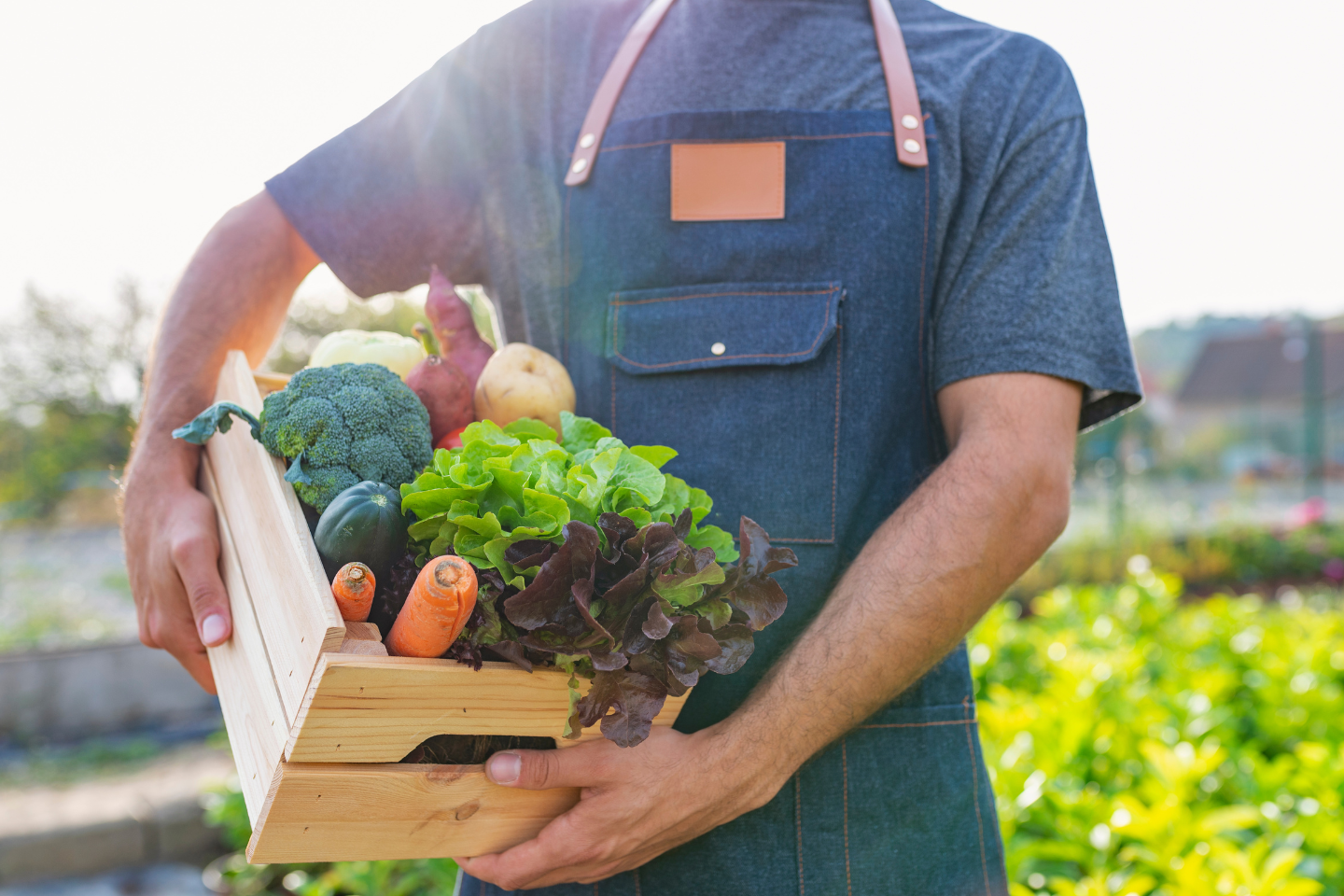
Food
When most people hear the word ‘organic’ their first thoughts go to food, and for good reason. Certified organic food has been around for a long time, but has gained more attention as a result of a wider societal move towards sustainability.
The next time you are food shopping, look for produce that proudly displays its organic credentials. Not only are these foods better for the planet, but they are also better for your health, as their production is free from the use of harmful chemicals.
You might also want to consider shopping locally where possible. A local farmer’s market can be a great place to pick up produce at a great price but, wherever you shop, consider the journey that the food has taken to get to the shelves. Support the production of locally-sourced ingredients by choosing them over alternatives that have been grown further afield or abroad and shipped over at a cost to the environment.
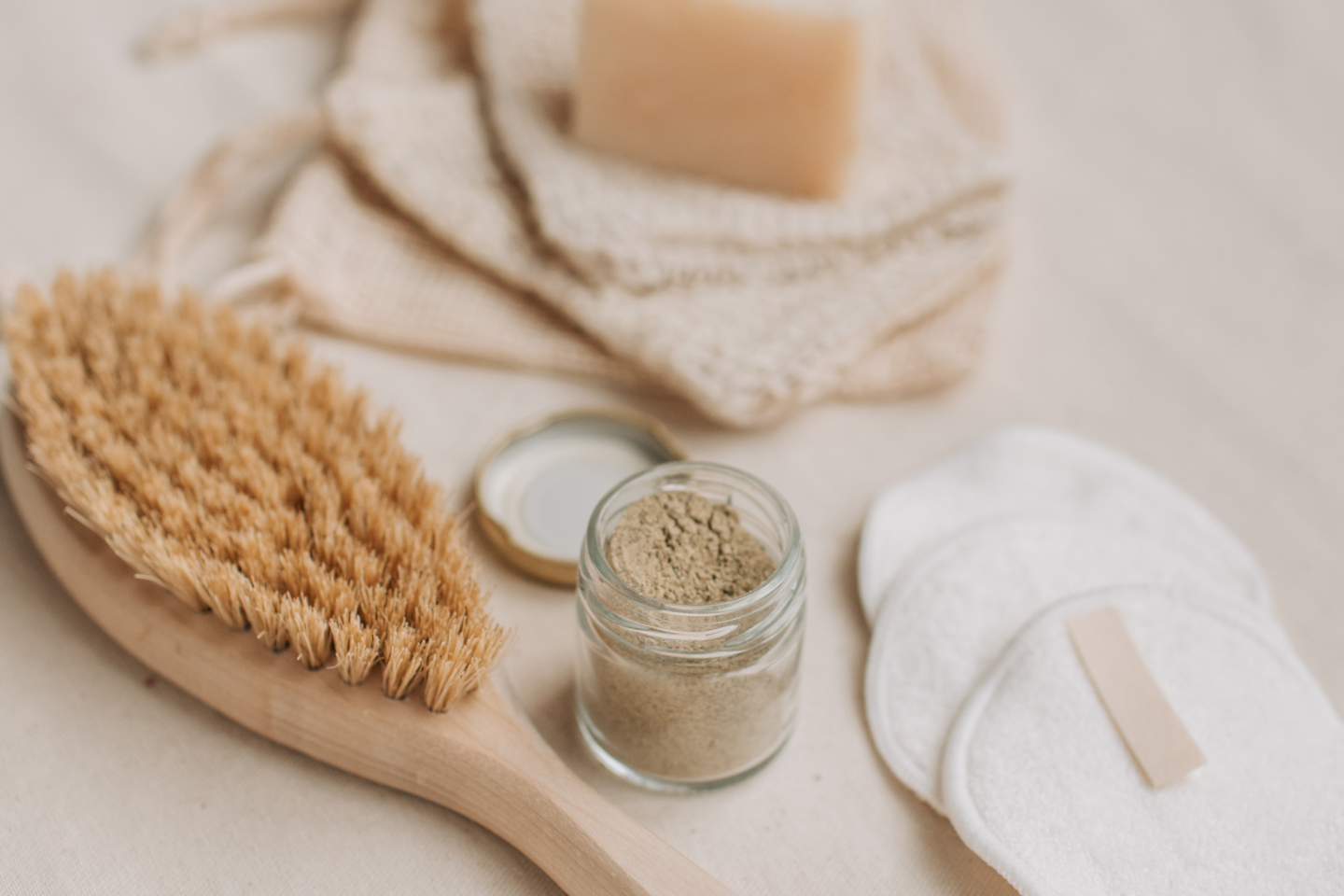
Personal Care Products
When it comes to personal care routine, we all have at least a preferred brand of shower gel and shampoo, but many of the leading products on the market are made from chemicals which have a negative impact on the environment, both in their production and as a result of their use.
Thankfully, there are plenty of great brands that use natural and organic ingredients in their personal care products. Do some research into the companies that share the same sustainability values as you and make the switch when you need to restock.
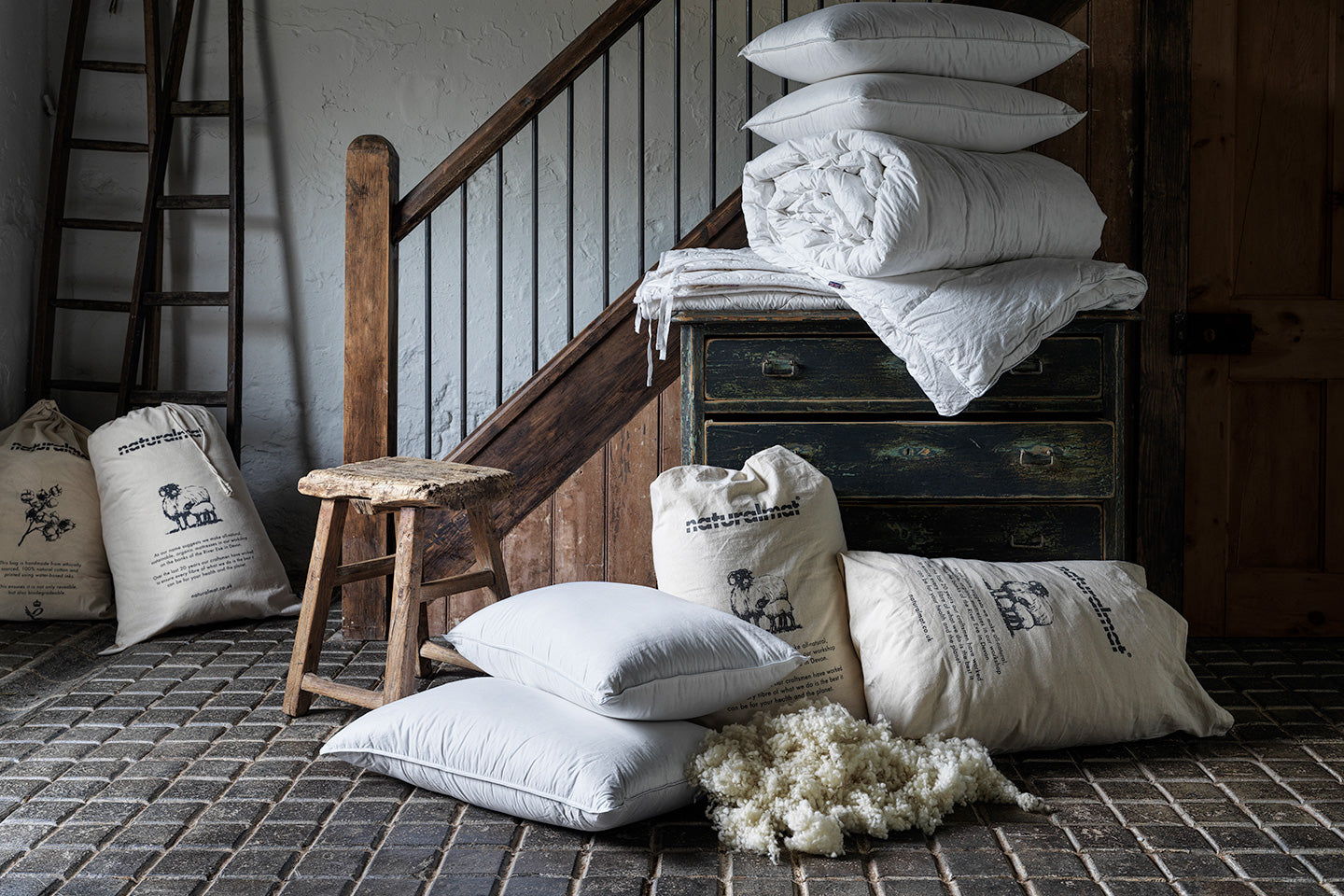
While ‘organic’ is a word most people often associate with food produce, it can apply to many products that use organic natural materials, such as our mattresses and bedding. Cheaper mattresses and bedding are often made from synthetic materials that have a huge carbon footprint, both in terms of their production, their use of harmful chemicals, and their lack of recyclability.
Swapping out your mattress for a Naturalmat isn’t just a swap that will help reduce your carbon footprint, it will also give you a more restful night’s sleep. This is because the organic and natural materials we use, such as organic wool and organic coir, create a much more supportive and breathable mattress than synthetic alternatives.
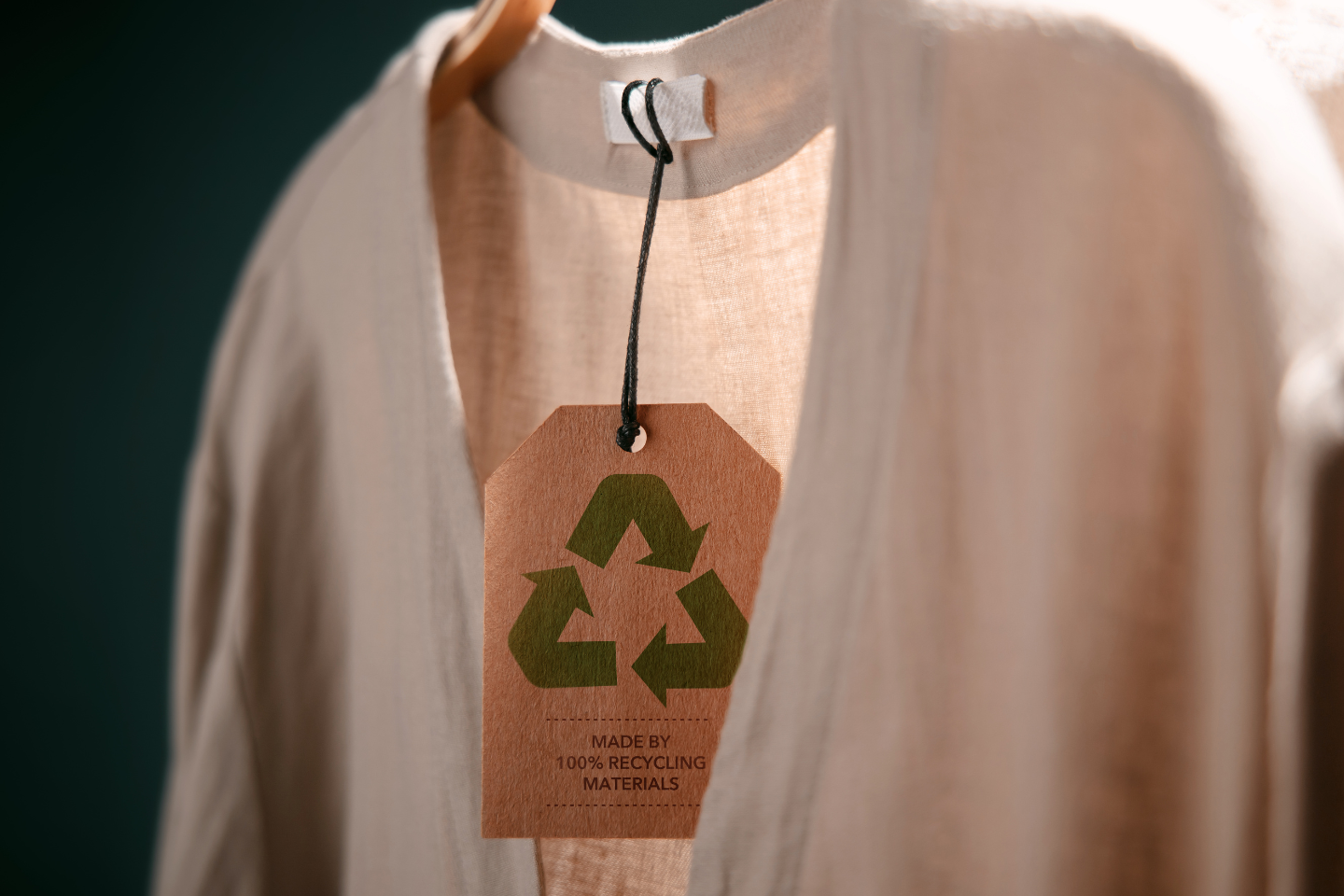 Clothing
Clothing
Like your mattress and bedding, the clothes you wear are made from materials that can either be responsibly sourced or not. The next time you go shopping, try and look for clothing that is made from natural, organic materials, and doesn't use harmful chemicals in their production.
Don’t rush to throw out your whole wardrobe straight away however - while it’s a great idea to start swapping out your clothes for sustainable alternatives, throwing away clothes you still have use for will only contribute to the excessive waste problem!
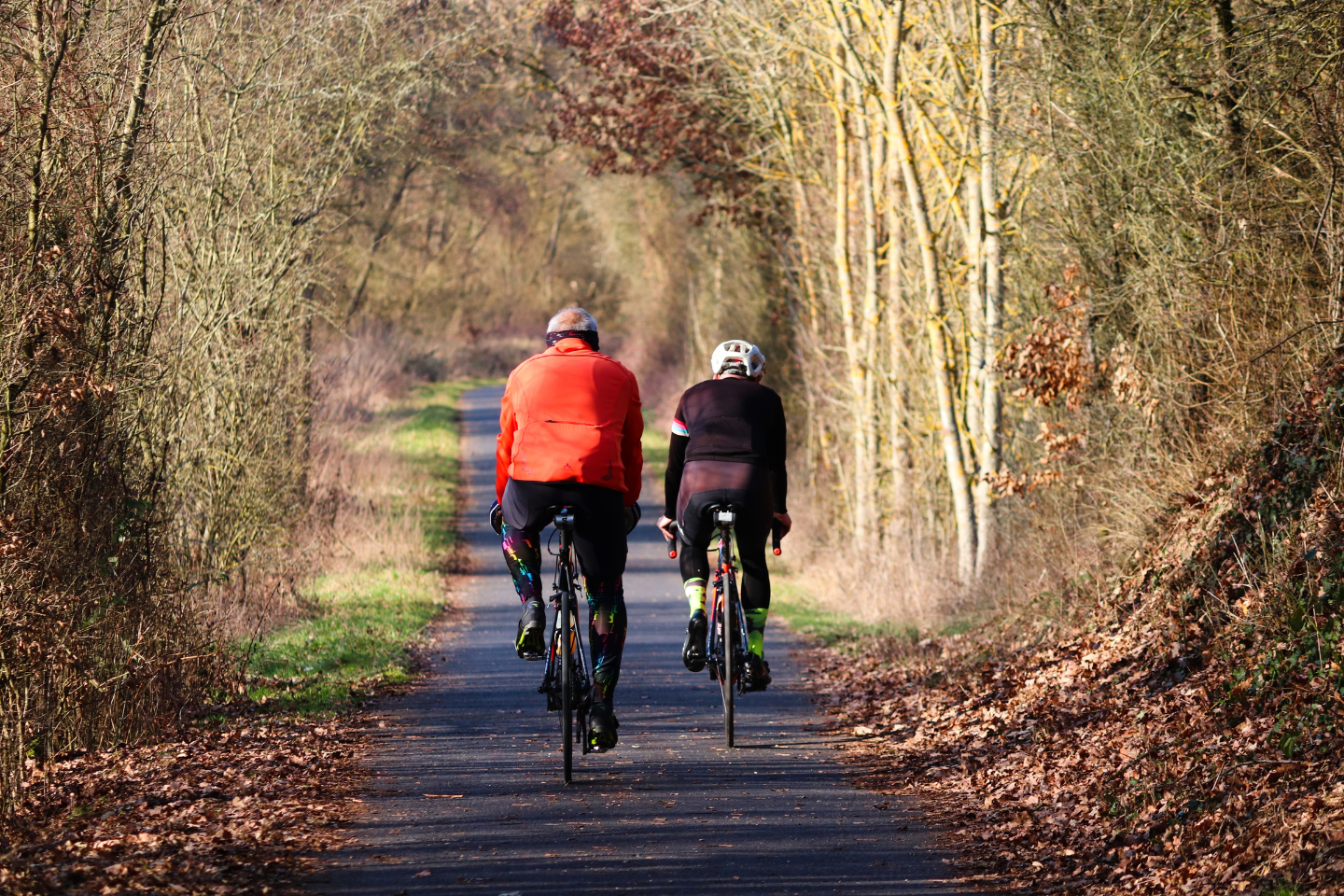 Travelling
Travelling
An organic lifestyle is part of a broader move towards sustainability, and this goal requires us to look at the ways we travel - particularly reducing the use of single passenger petrol and diesel cars.
While we’re still a way off electric cars being an affordable option for everyone, we can all try and reduce our private car use by starting to walk or cycle more, and by using public transport for longer journeys.
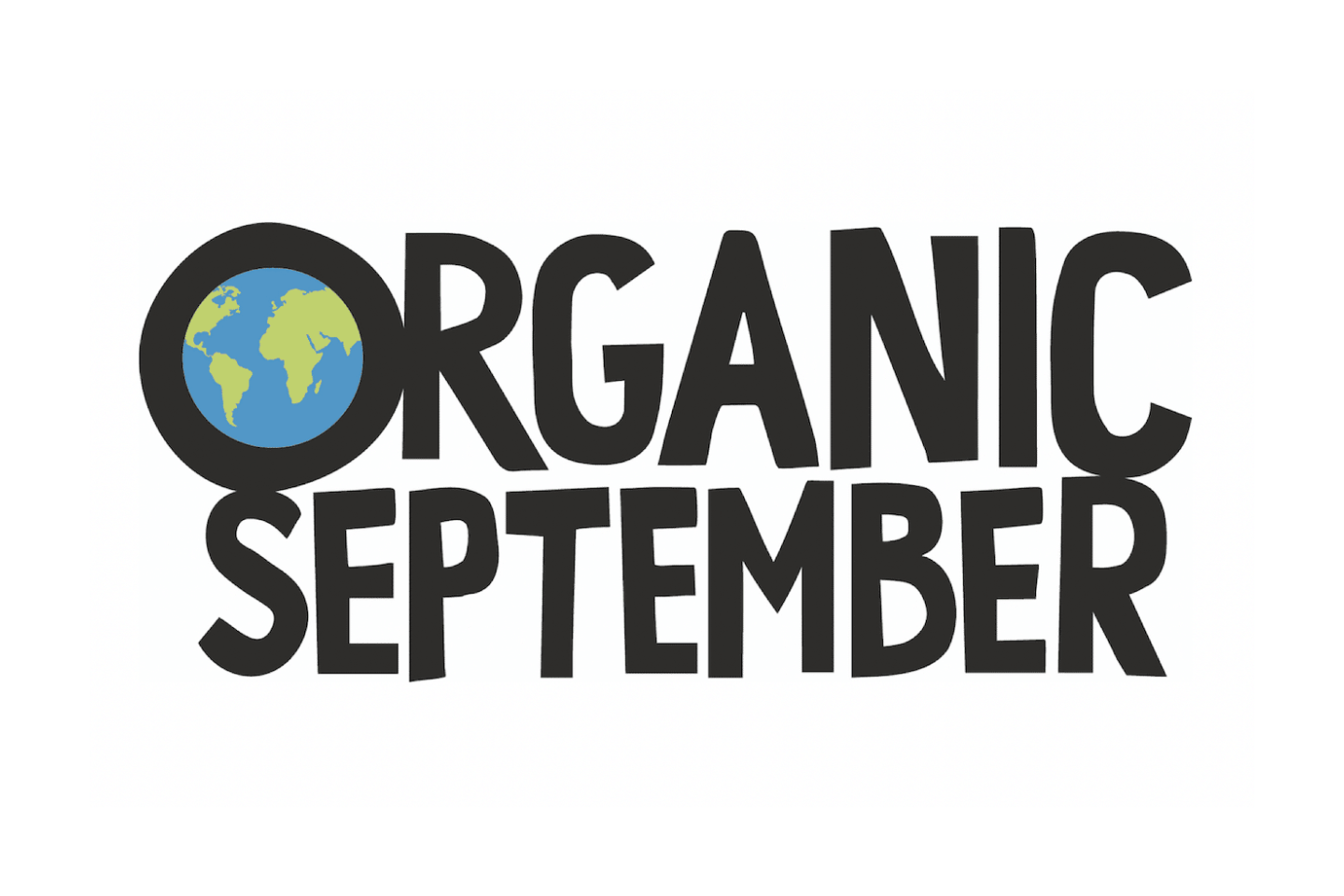
Support Organic Initiatives
While we should all be responsible for our own carbon footprint, we should also be spreading awareness where possible of how a more organic lifestyle can help to improve the overall health of our shared space.
As mentioned earlier, leading by example is a great way to inspire those close to us to make positive changes, but there are also events throughout the year, on a global, national and local level that help to raise awareness of responsible use of resources and other organic issues, such as Organic September.
Throughout the year, look for opportunities to sign petitions and support legislation that supports the responsible use of resources. You can also attend awareness days or even try and launch your own initiatives or events at your place of work or in your local community.
Making the right organic swaps is a great first step for any sustainability journey. Remember that living organically is about more than just changing the food you eat, but more carefully examining all the products and habits of your daily life.
